South Korea's prime minister and top presidential officials offered to resign after the ruling party suffered a crushing defeat in parliamentary elections. The results of Wednesday’s elections mean the liberal opposition forces will prolong their control of parliament until after Yoon Suk Yeol completes his single five-year term in 2027, likely setting back Yoon's domestic agenda and weakening his grip on the ruling party as he faces an intensifying political offensive during his remaining three years in office. The main opposition Democratic Party won a landslide victory in the country’s parliamentary elections.
South Korea's prime minister and top presidential officials offered to resign after the ruling party suffered a crushing defeat in parliamentary elections.
The main opposition Democratic Party won a landslide victory in the country's parliamentary elections.
The results of Wednesday's elections mean the liberal opposition forces will prolong their control of parliament until after Yoon Suk Yeol completes his single five-year term in 2027, likely setting back Yoon's domestic agenda and weakening his grip on the ruling party as he faces an intensifying political offensive during his remaining three years in office.
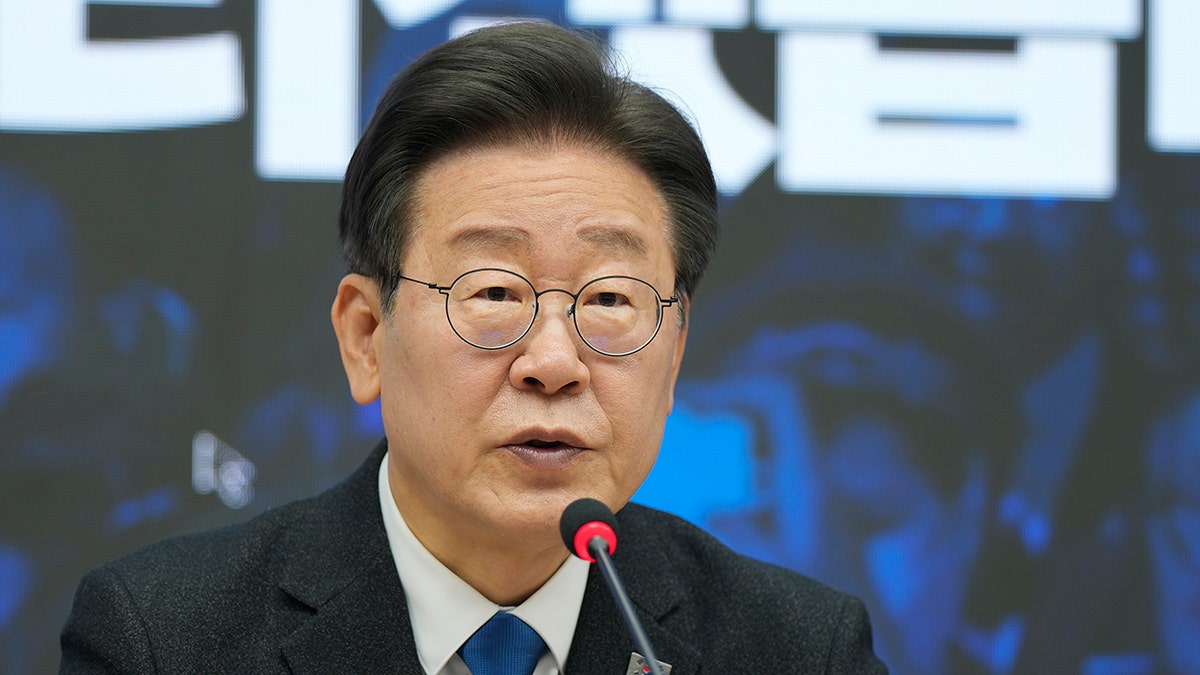
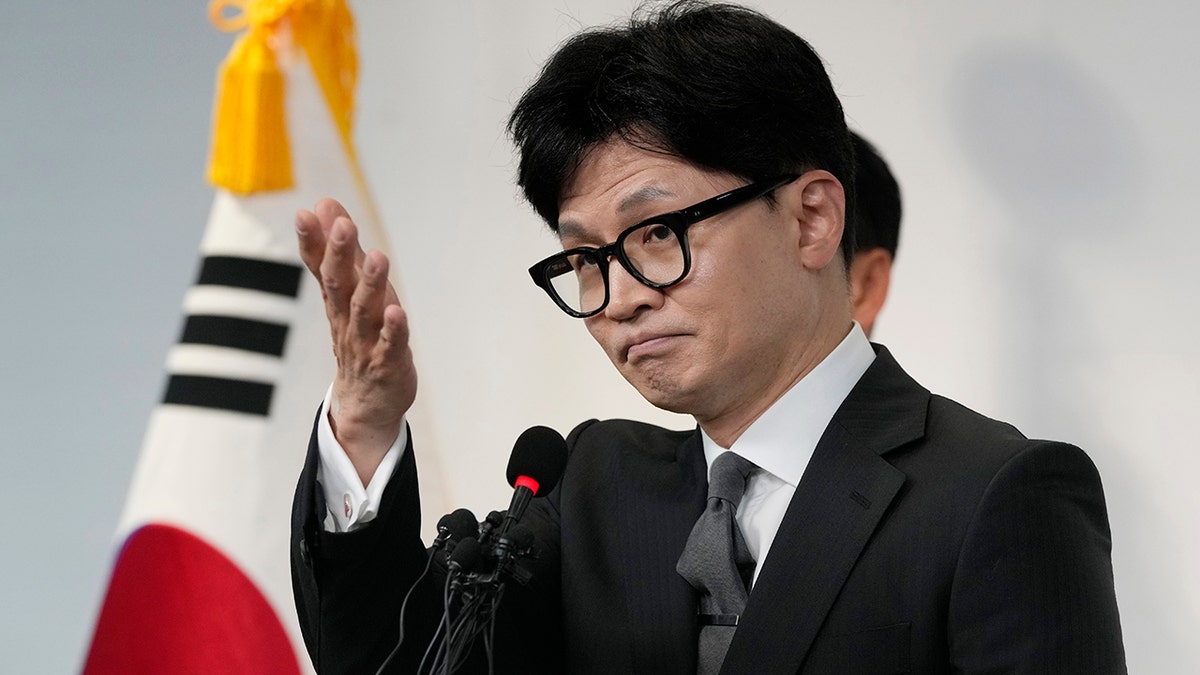
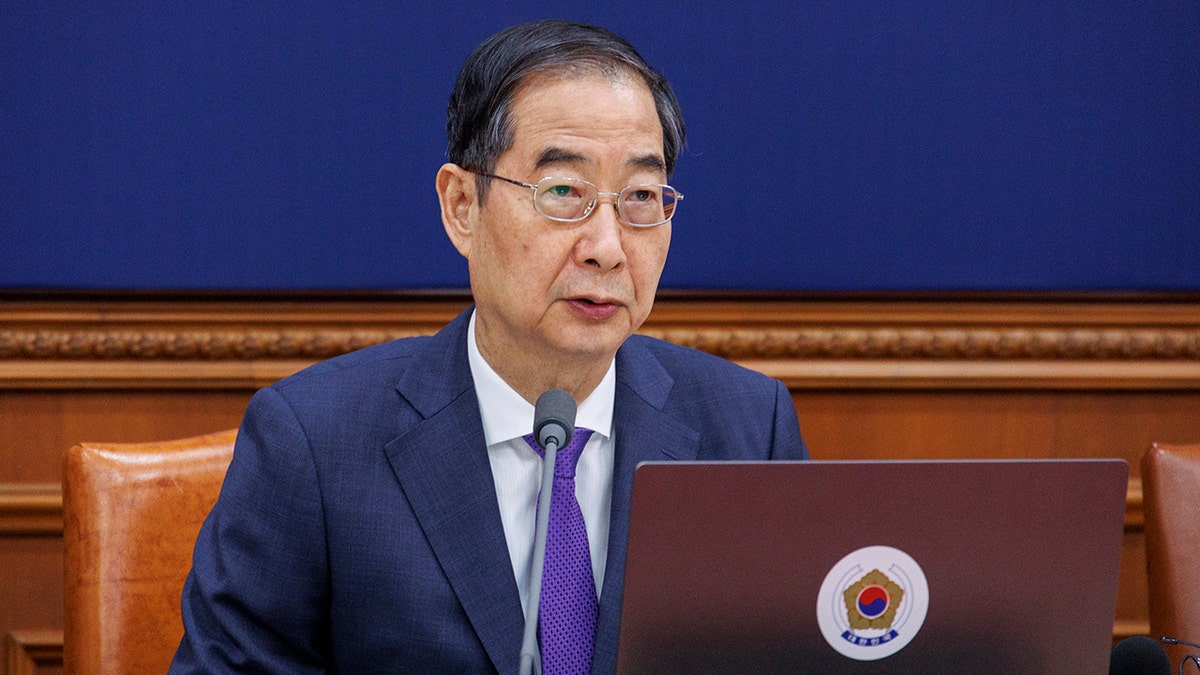
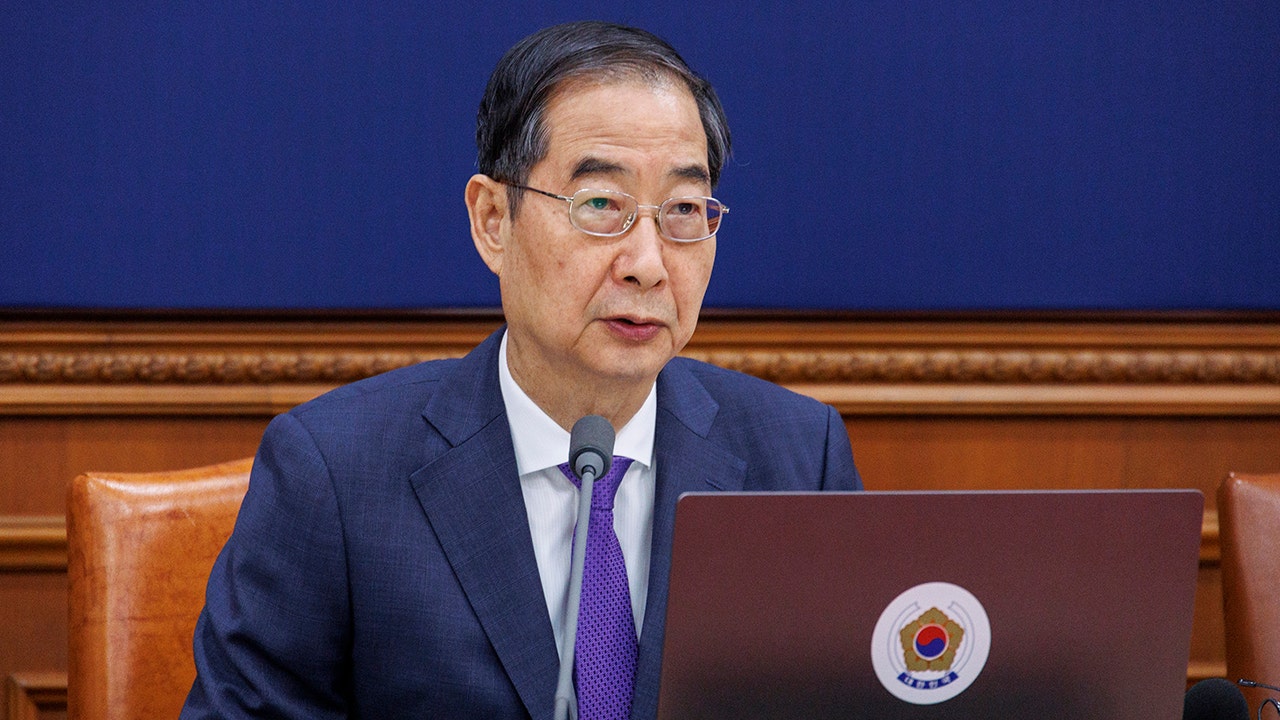
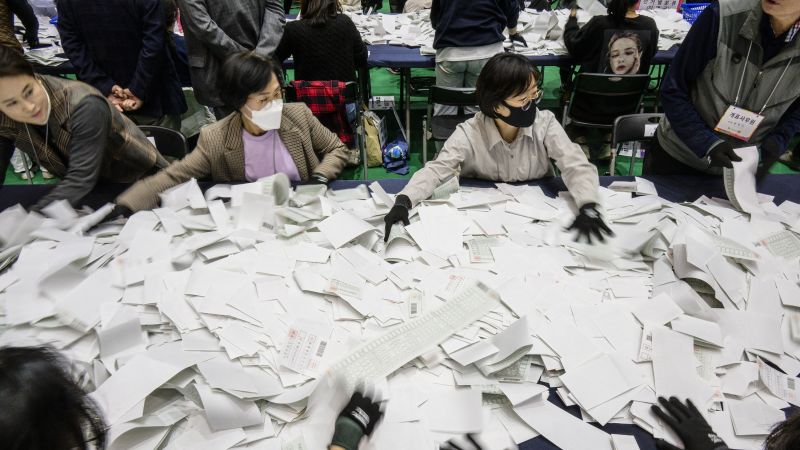
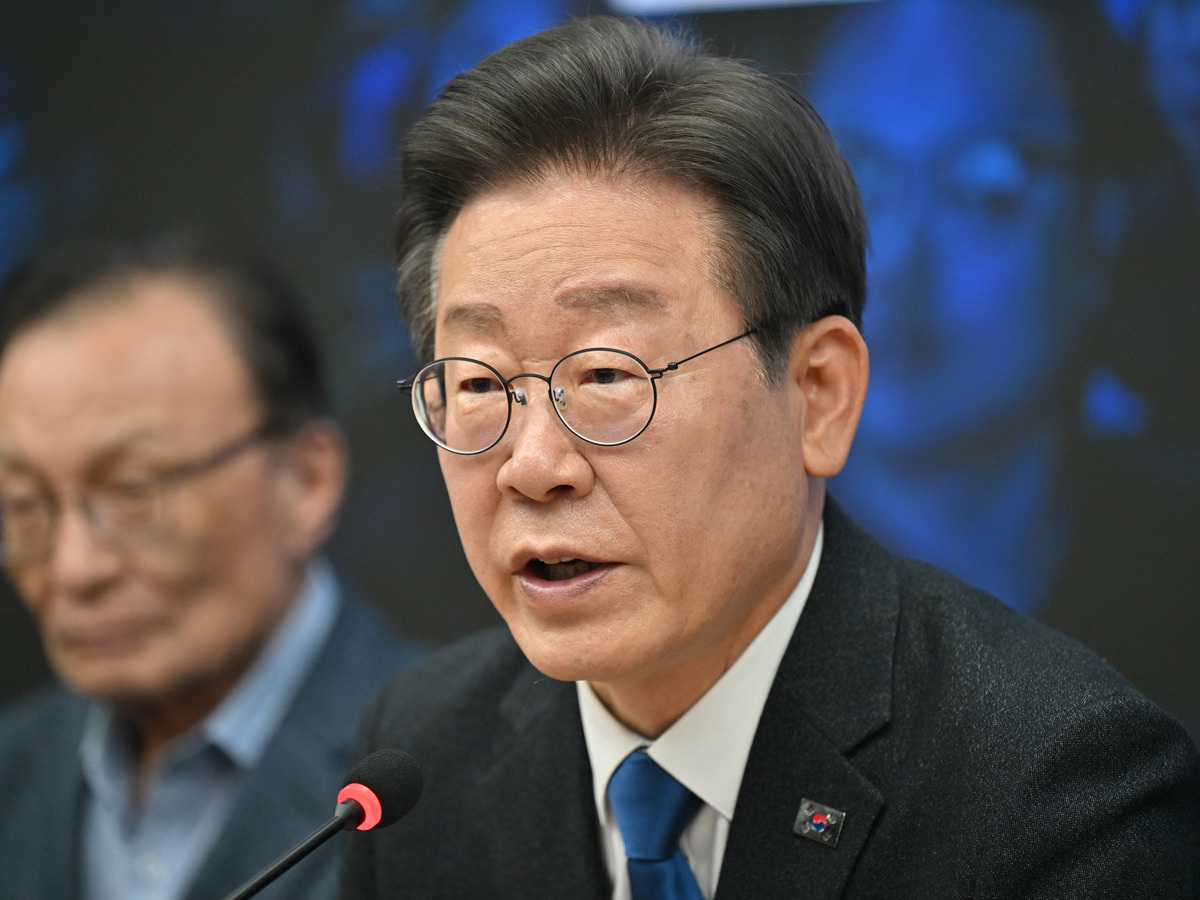

Confidence
90%
Doubts
- It is not clear if all members of the government will resign or only those directly responsible for the election defeat.
Sources
82%
South Korea's prime minister and top presidential officials resign en masse
Fox News Media Lawrence Richard Thursday, 11 April 2024 13:11Unique Points
- South Korea's main opposition Democratic Party won a landslide victory in the country's parliamentary elections.
- The ruling conservative People Power Party took home 108 seats, becoming an even smaller minority than it is now. The main opposition Democratic Party won 175 seats in the 300-member single-chamber parliament of South Korea.
Accuracy
- President Yoon Suk Yeol will find it more difficult to implement business-friendly policies and tax reforms as opposition parties are likely to aggressively flex their legislative muscles.
Deception (100%)
None Found At Time Of Publication
Fallacies (70%)
The article contains several examples of informal fallacies. The author uses inflammatory rhetoric when describing the election results as a 'huge blow' to Yoon Suk Yeol and his party, which is not an objective statement. Additionally, the author quotes sources who use emotional language such as 'apologize' and 'great victory', further contributing to inflammatory rhetoric. The article also contains examples of appeals to authority when describing Yoon's major foreign policies being unchanged despite his election defeat.- The author uses inflammatory rhetoric by stating that the elections were a 'huge blow' to Yoon Suk Yeol and his party. This is not an objective statement, as it implies that the results are negative for Yoon and his party.
- The article quotes sources who use emotional language such as 'apologize' when describing Han Dong-hoon stepping down. This contributes to inflammatory rhetoric.
- The author uses appeals to authority by stating that Yoon's major foreign policies will likely be unchanged despite his election defeat.
Bias (85%)
The article contains a statement that implies the prime minister and senior presidential advisers resigned due to their party's poor performance in the elections. This is an example of political bias as it suggests that these officials are responsible for their party's defeat rather than acknowledging other factors such as voter turnout or opposition strategy. Additionally, there is a statement about Yoon stepping down and taking responsibility for the election defeat which implies he has some control over his party's performance in the elections.- The prime minister and senior presidential advisers resigned due to their party's poor performance in the elections.
Site Conflicts Of Interest (50%)
Lawrence Richard has a conflict of interest on the topics of South Korea and its prime minister Yoon Suk Yeol as he is reporting for Fox News. The article reports that Yoon Suk Yeol resigned along with top presidential officials which could be seen as an endorsement by Lawrence Richard.- Lawrence Richard reported on South Korea's Prime Minister, Yoon Suk Yeol resigning en masse.
Author Conflicts Of Interest (100%)
None Found At Time Of Publication
71%
South Korea's opposition wins in landslide parliamentary elections
National Public Radio (NPR) Se Eun Thursday, 11 April 2024 00:00Unique Points
- South Korea's main opposition Democratic Party won a landslide victory in the country's parliamentary elections
- President Yoon Suk Yeol is facing criticism and attacks from his opponents for scandals involving his family
- The ruling conservative People Power Party took home 108 seats, becoming an even smaller minority than it is now
Accuracy
- South Korea's main opposition Democratic Party won a landslide victory in the country's parliamentary elections.
- President Yoon Suk Yeol is still expected to lose momentum in pursuing some key policies such as medical reform and abolishment of gender equality ministry.
Deception (50%)
The article is deceptive in several ways. Firstly, it states that the main opposition Democratic Party won a landslide victory when they actually only won by one seat more than the ruling conservative People Power Party (PPP). This misrepresents the outcome of the election and implies that there was no close contest between these two parties. Secondly, it suggests that President Yoon Suk Yeol's approval ratings have stayed below 40% for most of his time in office when they actually rose above this threshold after a major scandal involving his family. This misrepresents the public sentiment towards the president and implies that he is widely unpopular among South Koreans. Thirdly, it states that Yoon's critics and opposition party have attacked him over scandals involving his family without providing any context or details about these allegations. This deceptively implies that there are serious moral issues with Yoon when in fact the article does not provide enough information to make a fair judgment on this matter.- President Yoon Suk Yeol's approval ratings have stayed below 40% for most of his time in office. However, after a major scandal involving his family, his approval ratings rose above this threshold. This misrepresents the public sentiment towards the president and implies that he is widely unpopular among South Koreans.
- The article states that Yoon's critics and opposition party have attacked him over scandals involving his family without providing any context or details about these allegations. This deceptively implies that there are serious moral issues with Yoon when in fact the article does not provide enough information to make a fair judgment on this matter.
- The main opposition Democratic Party won 175 seats, while the ruling conservative People Power Party took home 108 seats. This is misleading as it implies that there was no close contest between these two parties when in fact they were only one seat apart.
Fallacies (75%)
None Found At Time Of Publication
Bias (100%)
None Found At Time Of Publication
Site Conflicts Of Interest (50%)
None Found At Time Of Publication
Author Conflicts Of Interest (50%)
None Found At Time Of Publication
90%
South Korea's prime minister and top presidential officials offer to resign after election defeat
The Associated Press News Thursday, 11 April 2024 02:03Unique Points
- South Korea's prime minister and top presidential officials offered to resign after the ruling party suffered a crushing defeat in parliamentary elections.
- The results of Wednesday's elections mean the liberal opposition forces will prolong their control of parliament until after Yoon Suk Yeol completes his single five-year term in 2027, likely setting back Yoon's domestic agenda and weakening his grip on the ruling party as he faces intensifying political offensive during his remaining three years in office.
- Yoo Suk Yeol will find it more difficult to implement business-friendly policies and tax reforms as opposition parties are likely to aggressively flex their legislative muscles.
Accuracy
- Prime Minister Han Duck-soo and all senior presidential advisers to Yoon except those in charge of security issues expressed their intentions to resign, according to Yoon's office. It didn't immediately say whether Yoon accepted their resignations.
Deception (100%)
None Found At Time Of Publication
Fallacies (85%)
None Found At Time Of Publication
Bias (85%)
The article is biased towards the ruling party and their leader Yoon Suk Yeol. The author uses language that dehumanizes the opposition parties such as 'toxic rhetoric' and accuses them of being politically motivated in their corruption investigations against Han Dong-hoon, a member of Yoon's cabinet who is also eyeing another presidential bid. Additionally, the article portrays Yoon as an effective leader with a strong domestic agenda despite facing opposition from the liberal forces. The author fails to provide any evidence or examples that support this claim.- The results of Wednesday’s elections mean the liberal opposition forces will prolong their control of parliament until after Yoon completes his single five-year term in 2027.
Site Conflicts Of Interest (100%)
None Found At Time Of Publication
Author Conflicts Of Interest (0%)
None Found At Time Of Publication
74%
South Korea opposition wins landslide midterm vote in resounding blow to President Yoon
CNN News Network Heather Chen Thursday, 11 April 2024 02:18Unique Points
- South Korea's prime minister and senior presidential officials have offered to resign en masse following Wednesday's parliamentary elections.
- The results of the parliamentary elections will likely set back Yoon Suk Yeol's domestic agenda and weaken his grip on the party. He will also have to face the opposition’s intensifying political offensive during his remaining three years, experts say.
- With most of the votes counted, it appears that South Korea's main opposition Democratic Party has won a combined 175 seats in parliament while Yoon Suk Yeol's ruling People Power Party is projected to have obtained 108 seats. The final official results are expected later Thursday.
Accuracy
- ,
Deception (30%)
The article is deceptive in several ways. Firstly, the author claims that President Yoon's popularity has suffered amid a cost-of-living crisis and political scandals. However, this statement is not supported by any evidence or data provided in the article. Secondly, the author quotes DP leader Lee Jae-myung as saying that voters chose him because they were giving the Democratic Party responsibility for creating a better society. This quote implies that President Yoon's administration was responsible for causing problems and therefore should be held accountable by the opposition party. However, this is not accurate or fair since it does not provide any context or evidence to support this claim. Thirdly, the author claims that First Lady Kim Keon Hee has become a political liability for President Yoon due to her absence from public life after accepting a Dior bag as a gift in December 2021. However, this statement is also unsupported by any evidence or data provided in the article. Finally, the author quotes Mason Richey stating that Yoon might focus more on his overseas agenda now because he will have statutory power even though he has suffered low ratings for months and his ability to pass legislation is likely to be badly damaged by the poor showing of his PPP.- The article claims that President Yoon's popularity has suffered amid a cost-of-living crisis and political scandals. However, this statement is not supported by any evidence or data provided in the article.
Fallacies (75%)
The article contains several logical fallacies. The author uses an appeal to authority by citing the National Election Commission and network broadcasters as sources for information about the election results. This is a form of informal fallacy because these sources are not necessarily reliable or unbiased. Additionally, the author quotes DP leader Lee Jae-myung using his own words without providing any context or analysis of those words, which could be seen as an example of inflammatory rhetoric. The article also contains a dichotomous depiction by presenting Yoon's popularity crisis and political scandals as the main reasons for the opposition victory, while ignoring other factors that may have contributed to their success.- The National Election Commission (NEC) was expected to announce the official results later on Thursday.
Bias (85%)
The article contains examples of political bias. The author uses language that depicts the opposition as being responsible for improving society and implies that President Yoon is not capable of doing so. Additionally, the author quotes DP leader Lee Jae-myung saying 'When voters chose me, it was your judgment against the Yoon Suk Yeol administration', which suggests a personal attack on President Yoon rather than an objective analysis of his policies.- DP leader Lee Jae-myung said.
- The bitterly fought race was seen by some analysts as a referendum on Yoon, whose popularity has suffered amid a cost-of-living crisis and a spate of political scandals.
- The Democratic Party (DP) was projected to take more than 170 of the 300 seats in the new legislature, data by the National Election Commission and network broadcasters showed with more than 99% of the votes counted as of 5:55 a.m. on Thursday (5.55 p.m. ET Wednesday).
Site Conflicts Of Interest (100%)
None Found At Time Of Publication
Author Conflicts Of Interest (100%)
None Found At Time Of Publication